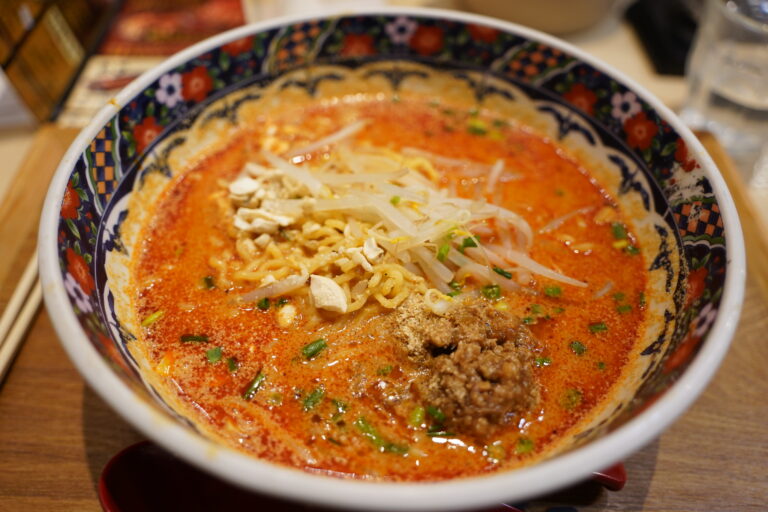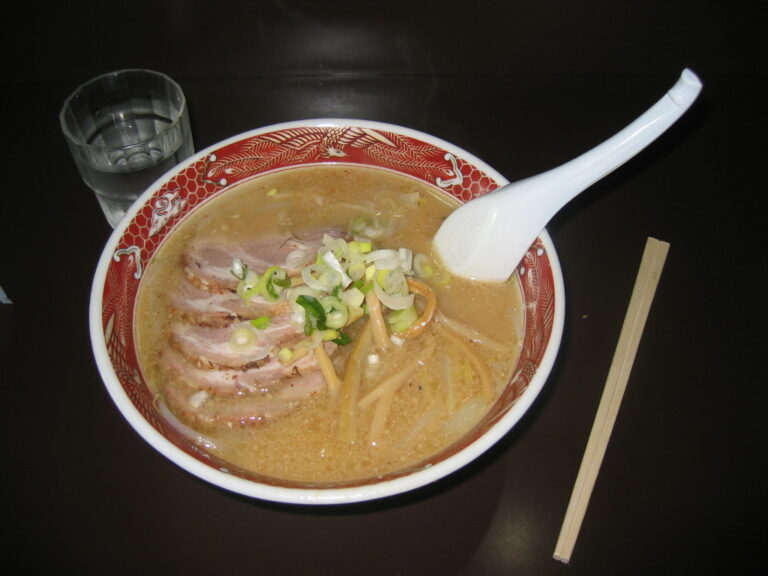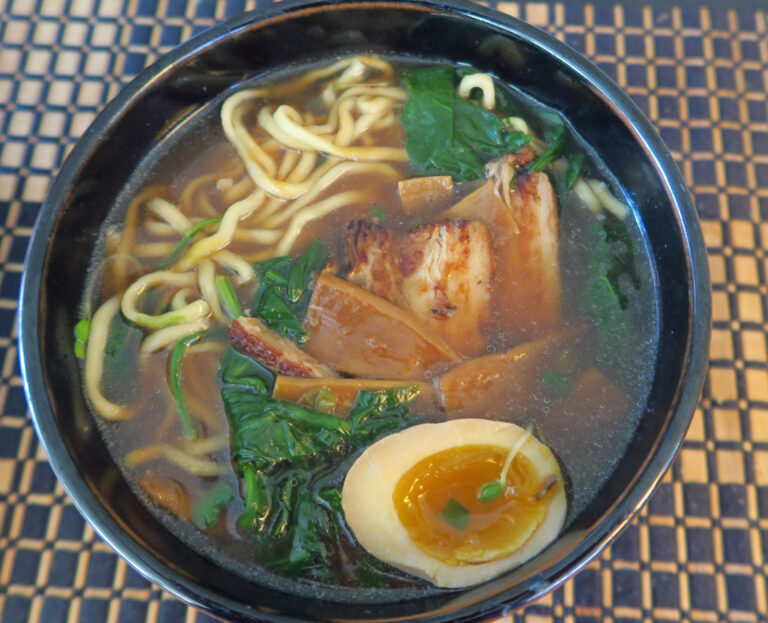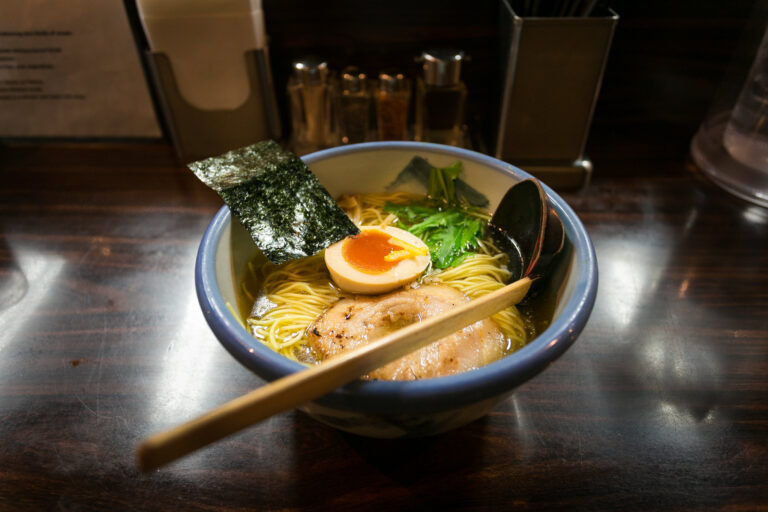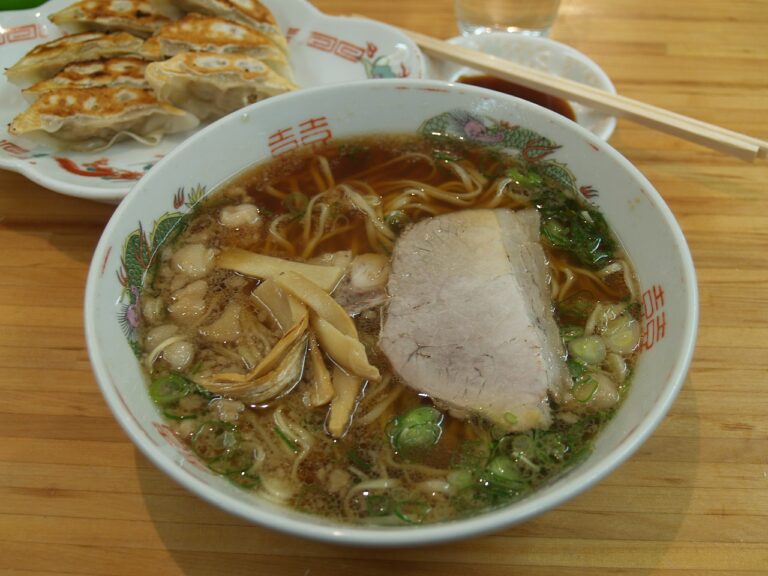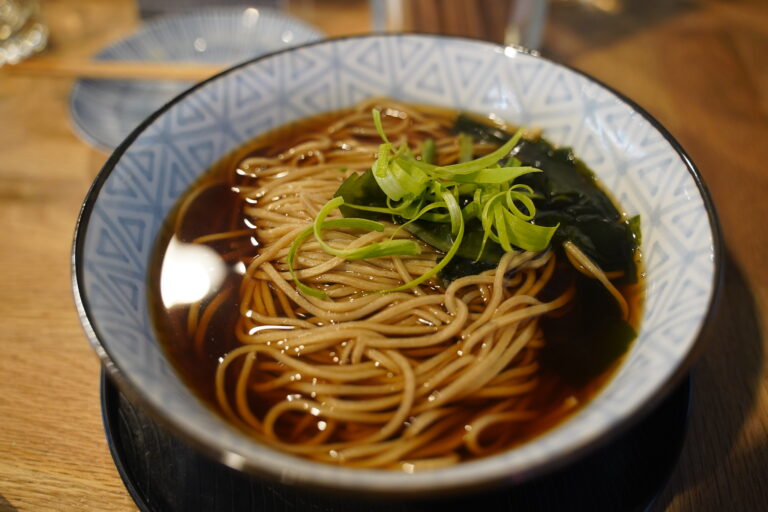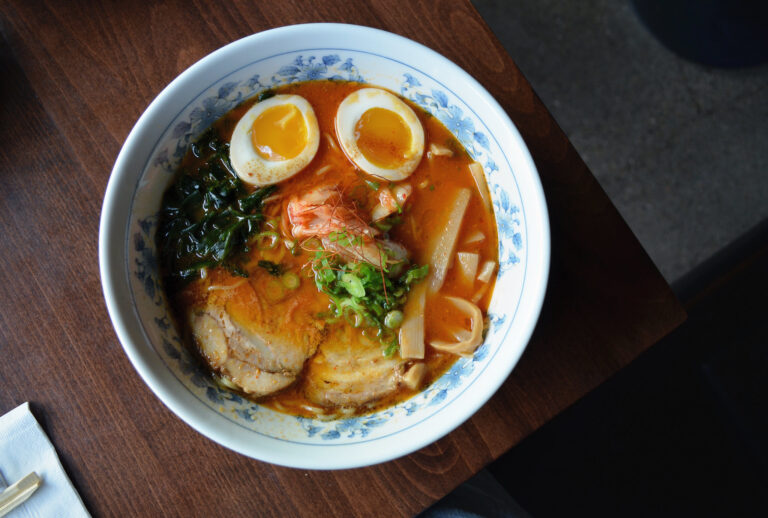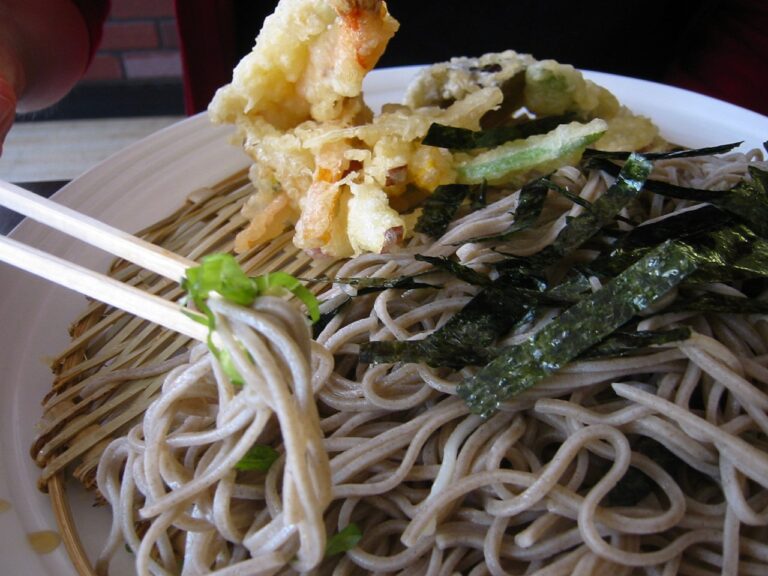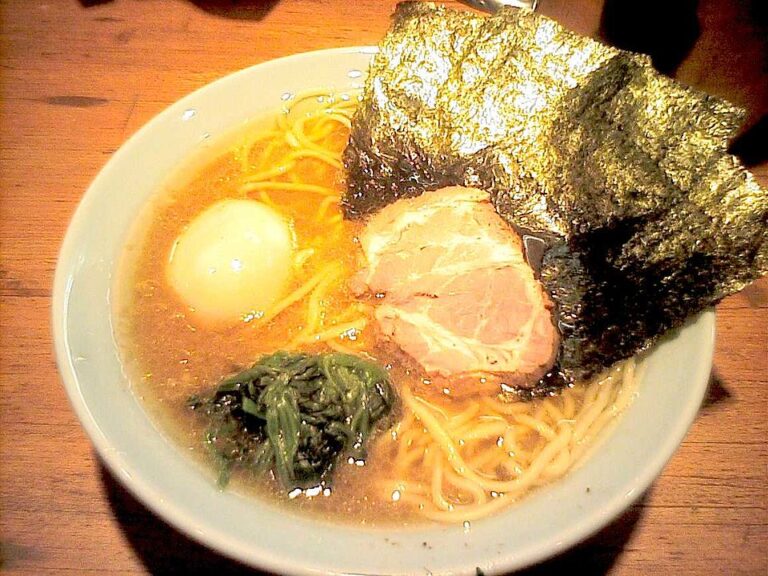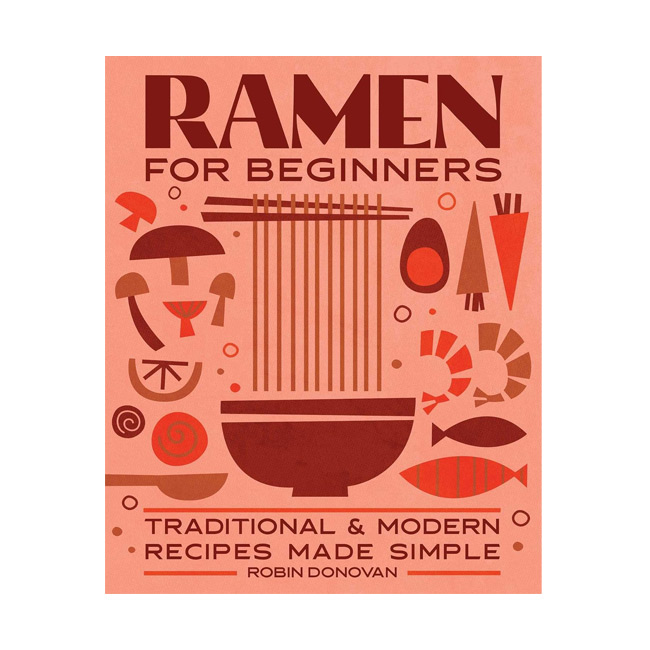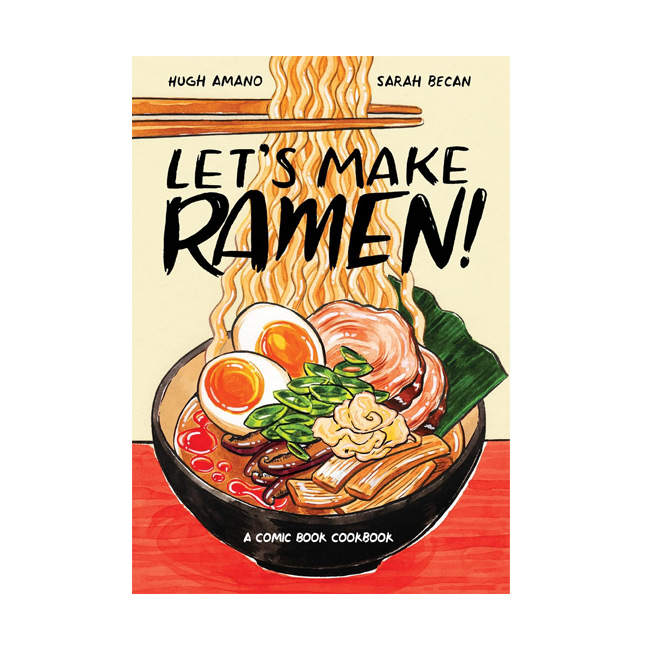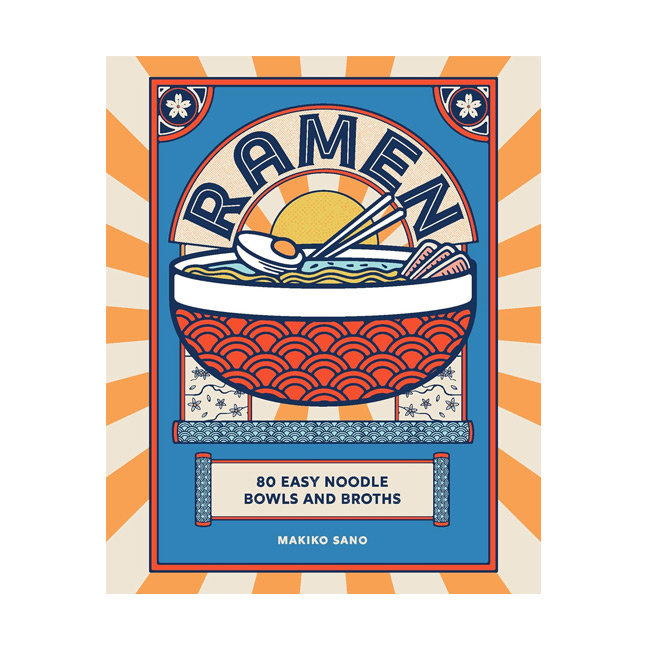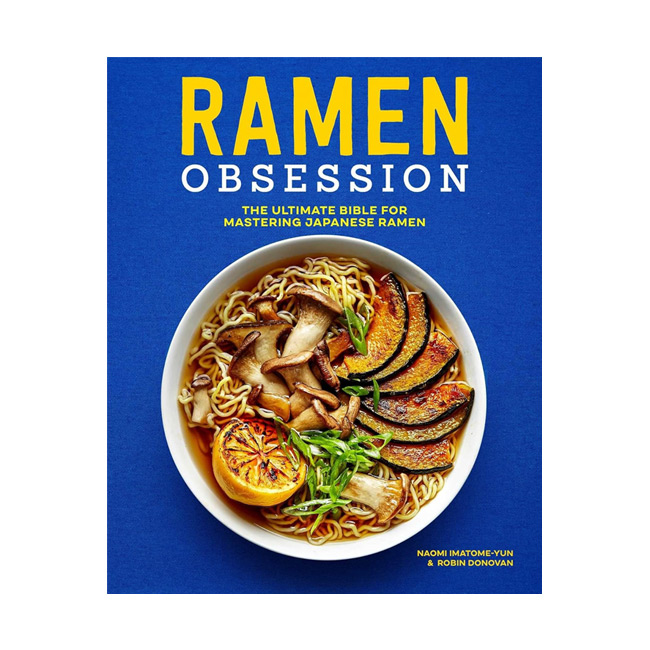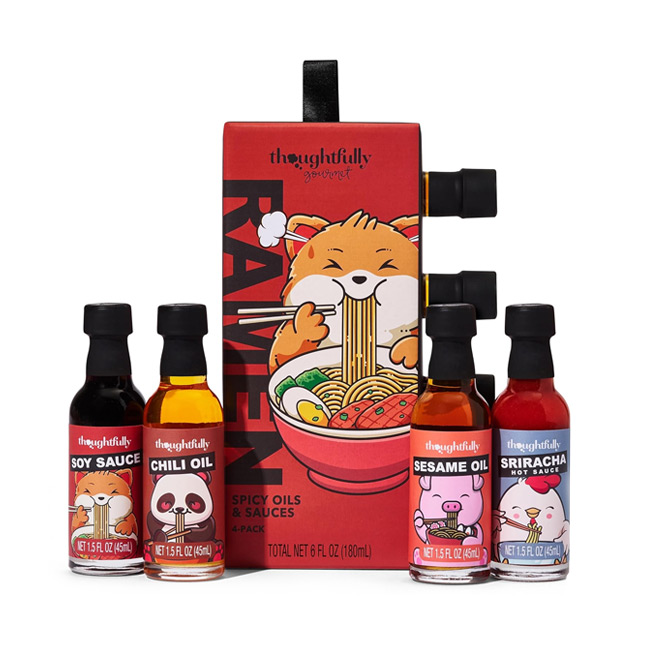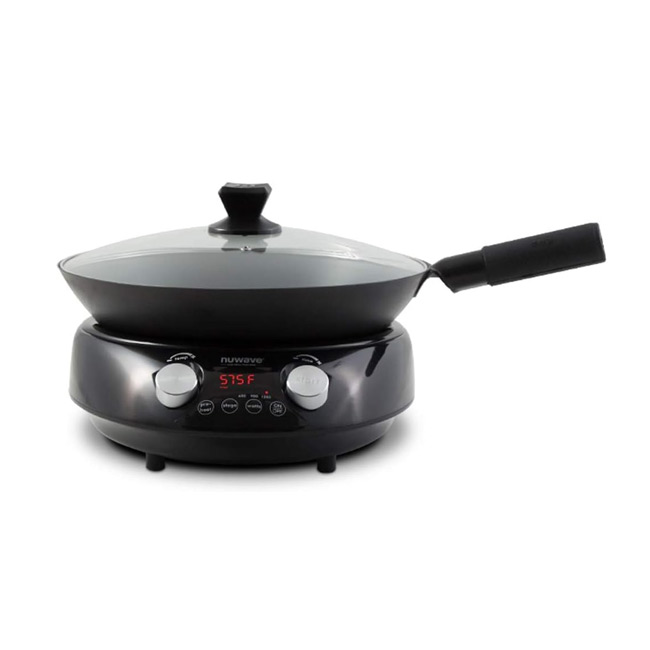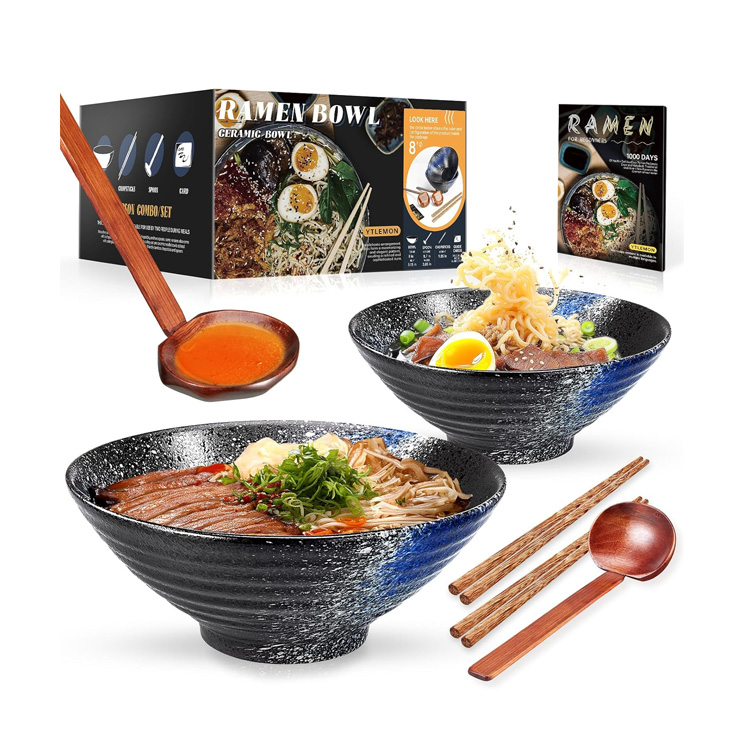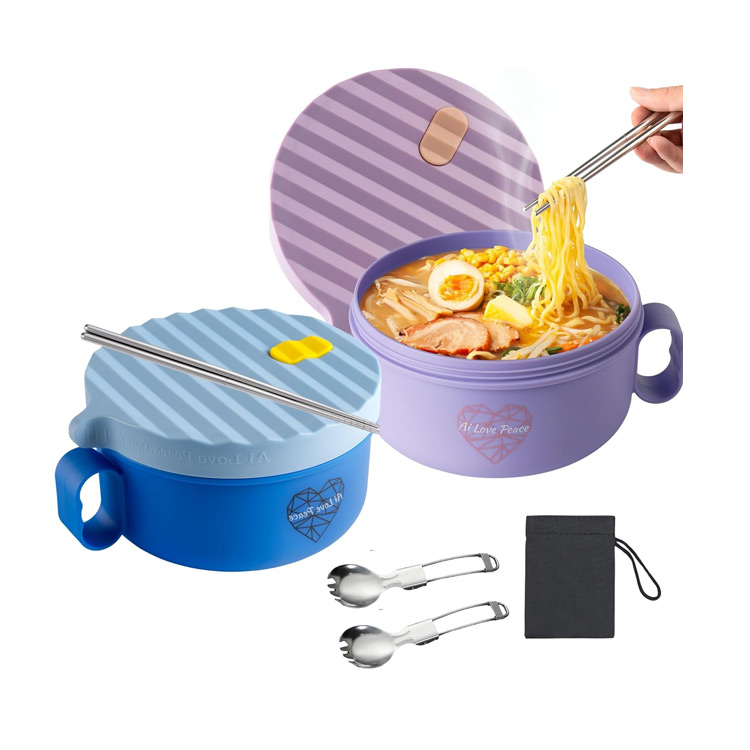Kyoto ramen is a distinctive regional variation that reflects the rich culinary heritage of Japan’s ancient capital. Known for its balanced flavors and slightly sweet undertones, Kyoto ramen offers a unique dining experience that is both satisfying and memorable.
The ramen features a broth that combines shoyu (soy sauce) with chicken stock, resulting in a harmonious blend that is neither too heavy nor too light. This perfect balance makes Kyoto ramen a favorite among both locals and visitors, providing a comforting bowl that captures the essence of Kyoto’s traditional yet sophisticated cuisine.
Kyoto Ramen
Broth
The broth of Kyoto ramen is a masterful blend of shoyu (soy sauce) and chicken stock. This combination creates a savory yet slightly sweet flavor profile that sets it apart from other regional varieties. The soy sauce adds depth and umami, while the chicken stock provides a rich, hearty base.
The result is a clear, amber-colored broth that is both flavorful and soothing, making it an ideal choice for those seeking a well-rounded ramen experience. This delicate balance of flavors highlights the meticulous culinary techniques that Kyoto is known for.
Kyoto Ramen
Noodles
Kyoto ramen features medium-thick, slightly curly noodles that are designed to complement the rich broth. These noodles have a firm, chewy texture that holds up well in the savory liquid, ensuring that each bite is satisfying and flavorful.
The slightly curly shape allows the noodles to capture more broth, enhancing every mouthful with the delicious shoyu-chicken blend. This noodle choice reflects Kyoto’s emphasis on texture and quality, providing a substantial yet refined base for the ramen.
Kyoto Ramen
Toppings
The toppings for Kyoto ramen are carefully selected to enhance the overall flavor and presentation of the dish. Common toppings include chashu (braised pork), menma (bamboo shoots), and green onions, which add both texture and taste.
Additionally, a soft-boiled egg is often included, providing a creamy richness that complements the savory broth. Nori (seaweed) and sometimes a sprinkle of sesame seeds or a dash of yuzu (citrus) zest are added for extra flavor and aroma. These toppings are not only delicious but also reflect the attention to detail and aesthetic appeal characteristic of Kyoto cuisine.
A brief history of Kyoto Ramen
Kyoto ramen has its roots in the culinary traditions of Japan’s historical capital, where it developed as a reflection of the city’s refined tastes and dedication to high-quality ingredients.
The ramen culture in Kyoto evolved over the decades, influenced by the region’s rich agricultural resources and a long history of meticulous cooking techniques. Unlike the heavier broths of other regions, Kyoto’s version emphasizes a clear, balanced flavor, suitable for the city’s sophisticated palate. This style of ramen became popular in the mid-20th century, as local chefs began to experiment with combining traditional soy sauce bases with rich chicken stock, creating a harmonious blend that quickly gained a loyal following.
Kyoto Ramen recipe
Ingredients For the Broth:
- 4 cups chicken stock
- 1/2 cup soy sauce
- 2 tablespoons mirin
- 1 tablespoon sake
- 1 tablespoon sugar
- 1 piece of kombu (dried kelp)
- 1 clove garlic, minced
- 1 inch piece of ginger, sliced
- 2 green onions, chopped
Ingredients For The Toppings and Noodles:
- 4 servings of medium-thick curly ramen noodles
- 4 slices of chashu (braised pork belly)
- 1/2 cup menma (bamboo shoots)
- 4 soft-boiled eggs
- 2 sheets nori (seaweed), cut into strips
- 2 green onions, finely chopped
- Sesame seeds (optional)
- Yuzu zest (optional)
Instructions:
Prepare the broth:
- In a large pot, combine chicken stock, soy sauce, mirin, sake, and sugar.
- Add kombu, garlic, ginger, and green onions.
- Bring to a boil, then reduce heat and simmer for 20 minutes.
- Remove kombu and strain the broth to remove ginger and garlic pieces.
Prepare the Noodles:
- Bring a large pot of water to a boil.
- Cook ramen noodles according to package instructions until al dente.
- Drain and rinse with cold water to stop cooking.
Assemble the Ramen:
- Divide cooked noodles into four bowls.
- Pour hot broth over the noodles.
- Top each bowl with a slice of chashu, some menma, a soft-boiled egg, and strips of nori.
- Garnish with finely chopped green onions, sesame seeds, and yuzu zest if desired.
Serve the ramen hot and enjoy!

